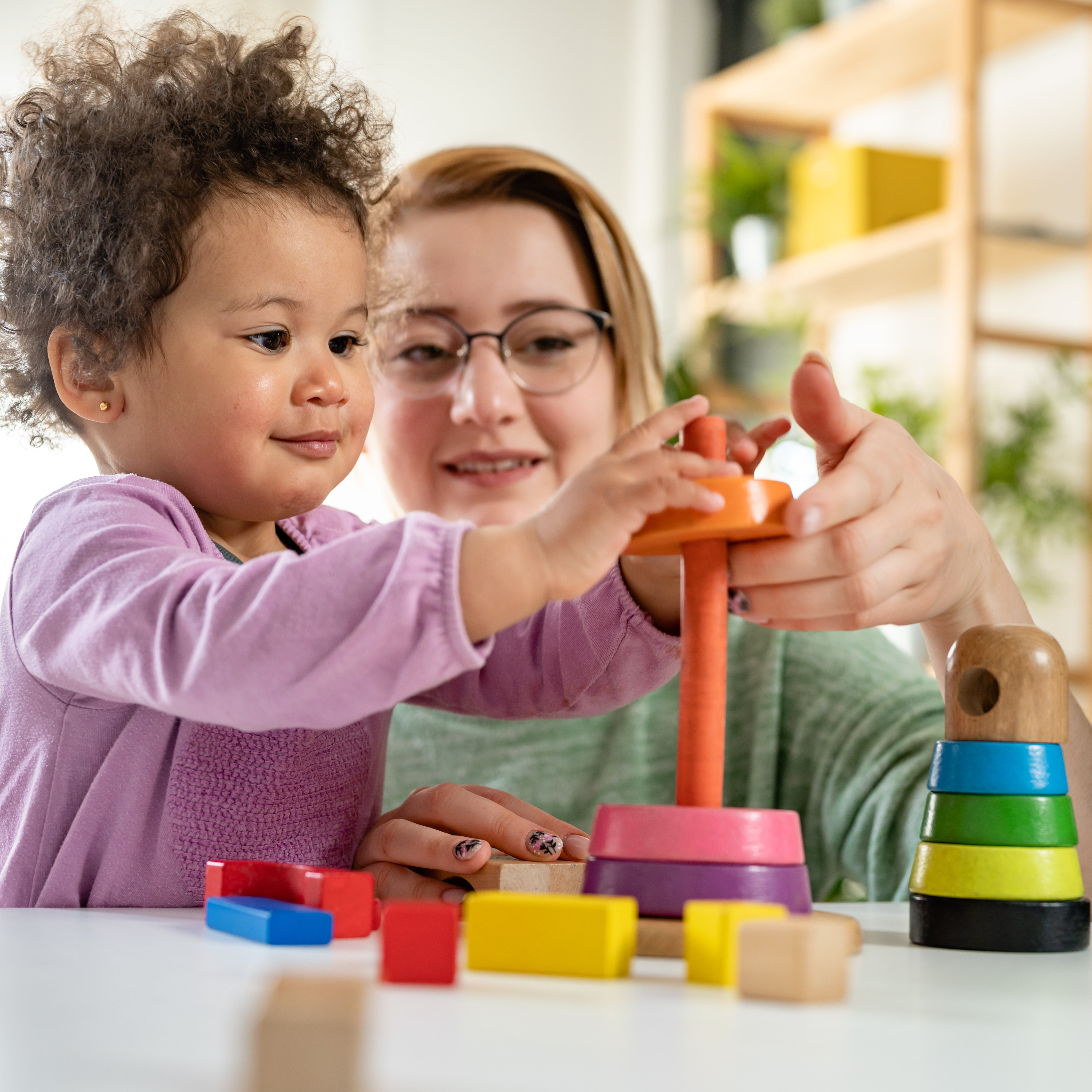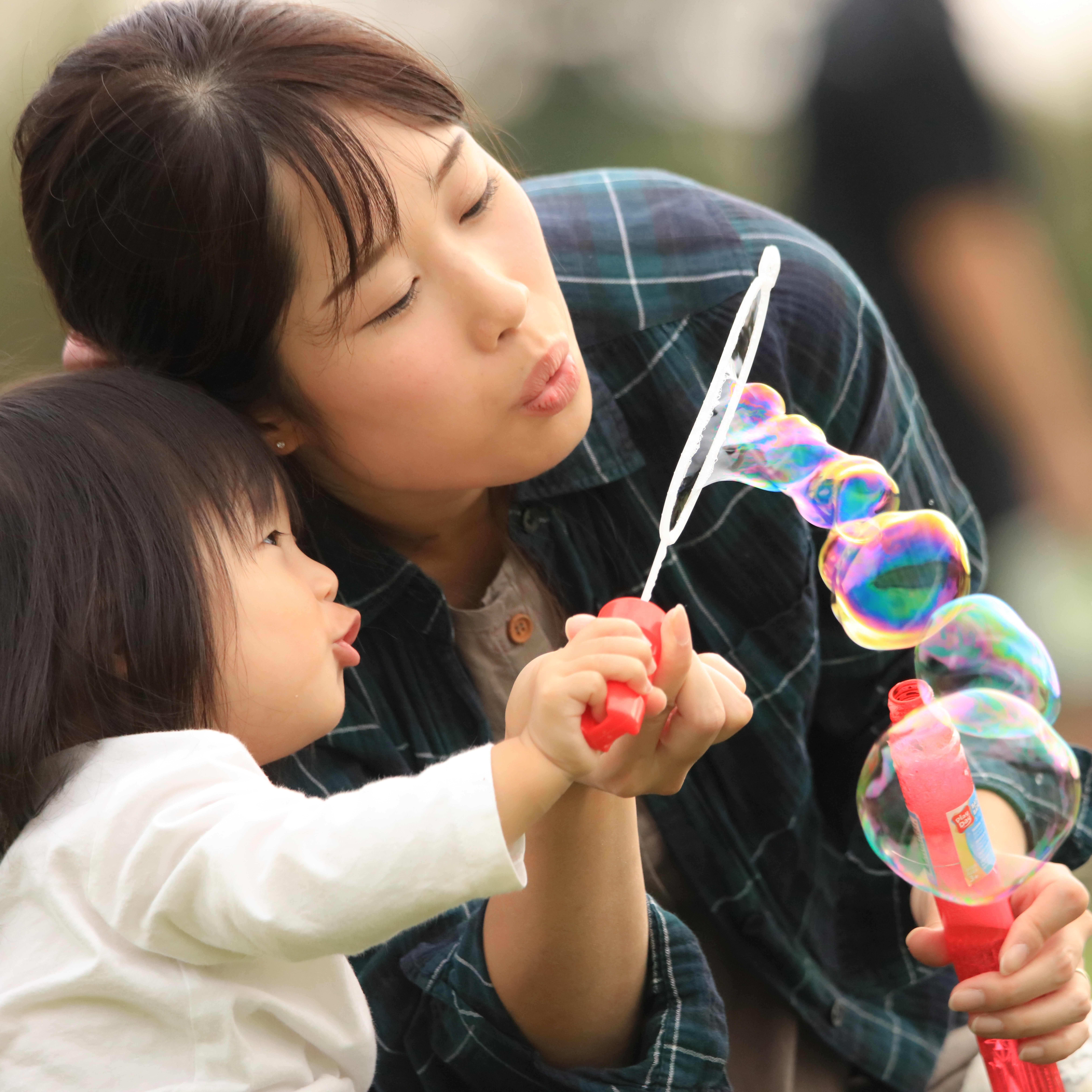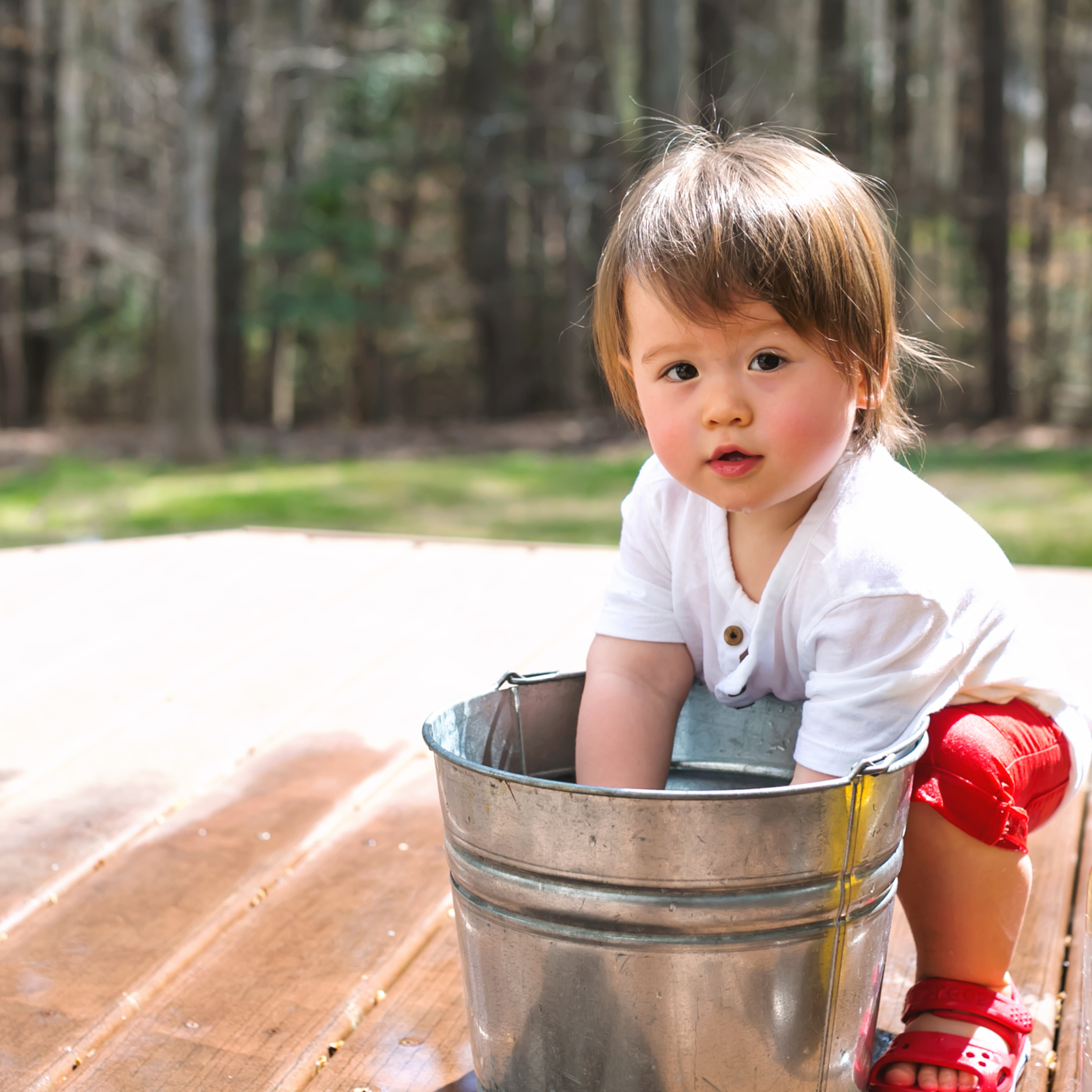· Beth & Michelle · Blog · 3 min read
Why Play is the Most Powerful Tool for Communication

Have you ever wondered how a speech language pathologist helps children learn to talk, speak more clearly, or gain confidence with communication? The answer might be surprising.
PLAY!!!
If you quickly glance at a speech and language therapy session you might be thinking “all they do is play,” but beneath the surface, play-based speech and language therapy is a research-backed AND highly effective way to help young children learn all the essential communication skills in a natural and meaningful way. Play-based speech and language therapy is one of the most powerful tools we have.
Let’s dive in…
What is Play-Based Speech and Language Therapy?
Play-based speech and language therapy uses developmentally appropriate, child-led play to target specific speech and language goals. Put more simply…play-based speech and language therapy MEETS YOUR CHILD WHERE THEY AT! Instead of structured drills or flashcards, therapy sessions are built around activities your child already loves - like blocks, pretend play, puzzles, games, books, and more!
BUT DON’T BE FOOLED…every moment of play is packed with purpose!
As play-based speech and language pathologists we carefully select materials and strategies to:
- Encourage vocabulary growth
- Increase sentence length
- Teach grammar and sentence structure
- Model and teach correct speech sounds
- Improve social communication skills
- Support attention and engagement
Hidden Benefits of Play-Based Speech and Language Therapy?
1. It Meets Children Where They Are
Young children learn best through play - it is how they explore the world, connect with others, and try out new skills. By embedding learning into play, therapy feels like an extension of their everyday life - not a chore.
2. It Boosts Motivation and Participation
Let’s be honest - sitting at a table doing drills? Not exactly fun for kids (and even adults)! But when therapy looks like play, children stay engaged longer, take more turns, and are more willing to try new things. More practice = faster progress!
3. It Encourages Natural Communication
During play, children practice real-life language skills — like asking for help, making choices, responding to others, and using pretend play. These are the communication tools they’ll use every single day.
4. It Supports the Whole Child
Communication doesn’t exist in a vacuum. Play also supports social-emotional development, problem-solving, attention and focus, turn-taking, and even fine and gross motor skills. It’s a holistic approach that nurtures the whole child.
5. It Strengthens Caregiver Involvement
You are your child’s first and most important teacher! Play-based therapy often includes caregiver coaching — helping you turn daily routines like snack time, bath time, and story time into powerful language learning opportunities!
When therapy is fun and supportive, children don’t just speak more - they thrive!
Final Thoughts: Play is Serious Learning
Play-based speech therapy isn’t just fun - it’s strategic, effective, and evidence-based. When kids are engaged and connected, their brains are ready to learn. And when therapy feels like play, kids look forward to it - and that’s when the real magic happens.
If you’re looking for speech therapy that feels warm, joyful, and tailored to your child’s needs, a play-based approach might be the perfect fit.



